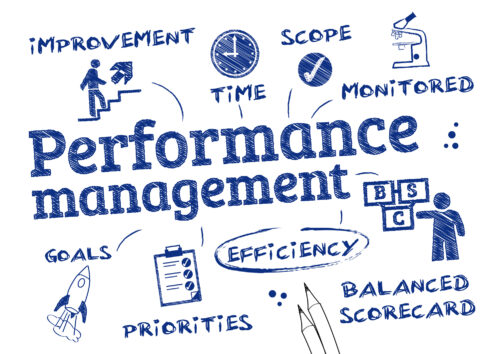Artificial Intelligence (AI) is reshaping the healthcare landscape, introducing unprecedented enhancements in operational efficiency for businesses. By integrating AI technologies, healthcare organizations are witnessing improvements across patient care and administrative processes. This article delves into the transformative influence of AI on healthcare businesses, with a particular focus on operational efficiency.
Automating Administrative Tasks
AI solutions are significantly streamlining administrative tasks within healthcare businesses. These technologies automate routine processes like appointment scheduling, billing, and claims processing, alleviating the burden on administrative staff and reducing errors. Services like EyeAppoint exemplify AI-driven solutions that enhance operational efficiency by minimizing administrative workload, allowing teams to prioritize patient care.
Improving Diagnostics and Treatment Planning
AI plays a pivotal role in enhancing diagnostic accuracy and efficiency. Machine learning algorithms analyze extensive medical data to assist healthcare professionals in disease diagnosis and treatment planning. AI-driven diagnostic tools swiftly analyze medical images, pathology reports, and patient records, providing quicker and more precise insights. This expedites the diagnostic process and empowers healthcare providers to make well-informed decisions.
Predictive Analytics for Resource Management
AI-powered predictive analytics are revolutionizing resource management in healthcare organizations. By analyzing historical data and current trends, AI algorithms predict patient admission rates, resource utilization, and disease outbreaks. This enables efficient resource allocation, ensuring the availability of appropriate staff, equipment, and facilities when and where needed most.
Personalized Medicine and Treatment Plans
AI facilitates the development of personalized medicine and treatment plans tailored to individual patients. By analyzing genetic, clinical, and lifestyle data, AI algorithms identify the most effective treatments for specific patients. This approach enhances patient outcomes and optimizes resource utilization by avoiding unnecessary procedures and treatments.
Remote Patient Monitoring
AI-driven devices and applications enable remote patient monitoring, enabling healthcare providers to monitor patients’ health conditions in real-time. Remote monitoring is particularly beneficial for managing chronic conditions, enhancing patient compliance, and reducing hospitalizations.
Natural Language Processing in Documentation
AI’s natural language processing (NLP) capabilities are revolutionizing documentation handling in healthcare. AI-driven systems analyze and extract relevant information from unstructured data such as clinical notes and medical records. This significantly reduces manual data entry time, allowing healthcare professionals to focus more on patient care and less on administrative tasks.
Fraud Detection and Cybersecurity
Operational efficiency in healthcare is closely linked to data security and integrity. AI plays a vital role in detecting and preventing fraud and enhancing cybersecurity measures. Machine learning algorithms identify irregularities in billing and claims data, flagging potential fraudulent activities. Additionally, AI safeguards sensitive patient information from cyber threats, ensuring data confidentiality and integrity.
The integration of AI into healthcare businesses marks a new era of operational efficiency. From automating administrative tasks to enhancing diagnostics and treatment planning, AI optimizes various facets of healthcare operations. As the healthcare industry embraces these technological advancements, businesses can anticipate improved patient outcomes, cost savings, and a more streamlined approach to delivering high-quality healthcare services.

















